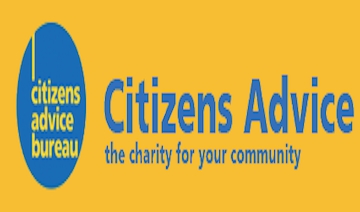The vast majority of consumers (88%) are missing common warning signs of a pensions scam including a growing trend by scammers to offer bogus “free financial advice”, the Citizens Advice Bureau has warned.
The CAB says warning signs such as unusually high investment returns, cold calling and offers of bogus “free financial advice” are not being picked up by consumers event though consumers feel “confident” they can spot fraudsters’ tricks.
A new report from Citizens Advice, ‘Too good to be true’, reveals a mismatch between people’s confidence in spotting a scam and their ability to do so. Three in four (76%) said they are confident they can identify a pension scam but just 12% were actually able to do so when a scam was presented to them.
The CAB says the new research highlights how scammers’ tactics are shifting away from pension liberation schemes offering high rewards and moving towards free pension reviews and advice as a first step towards tricking people out of their pension pots.
A 59 year old man sought help from Citizens Advice after a near miss with a pension scam. He was cold called by a company offering a 'free pension review' which recommended he invest his retirement savings in Hong Kong. The man was offered an appointment the next day but when documents were couriered to his home, he realised something was amiss and refused to sign. He has since been helped by Citizens Advice to stop the company from contacting him again.
The report also reveals people are particularly at risk of scams from phone calls, post and emails which come out of the blue. As many as 10.9 million consumers have received unsolicited contact about their pension in the last year.
Almost two thirds of consumers (64%) say they would consider an unsolicited offer about their pension and many would only consult informal sources about whether the approach is genuine.
When asked how they would check whether a pension offer was legitimate, almost half of those who would consider an unsolicited offer about their pension (45%) say they would look up a company’s website and over a third (36%) would discuss with family.
Only one third of people (33%) say they would make sure the company is listed on the Financial Conduct Authority’s online register.
Gillian Guy, chief executive of Citizens Advice said: “Fraudsters have shifted their tactics to rob people of a retirement income. It’s difficult for consumers to stay ahead of pension scams as they evolve. Many scammers use professional looking websites and leaflets to fool their victims into signing up to free pensions advice or cold call with offers of unusually high investment returns.”

